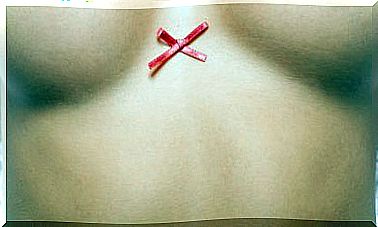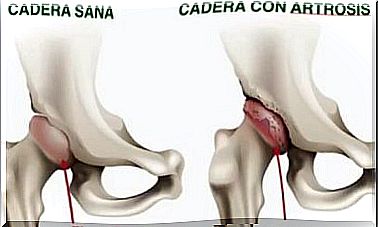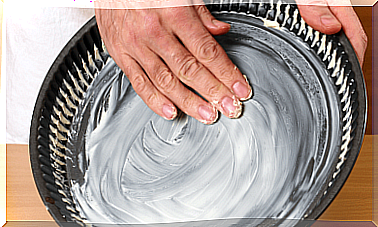What Happens When You Scratch A Mosquito Bite?
Have you ever wondered what happens to your body when you scratch a mosquito bite? We will answer your question below.
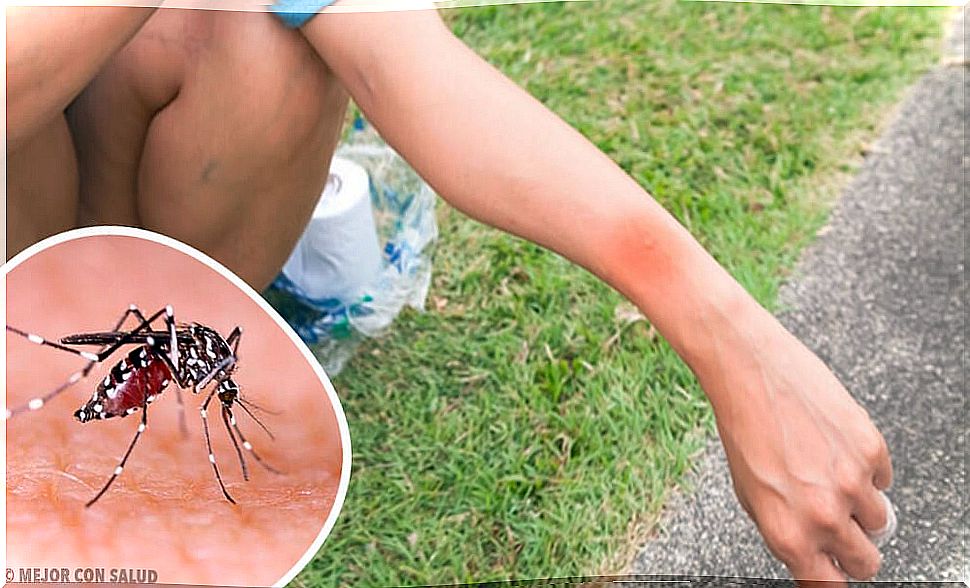
Although a gesture as automatic as scratching a mosquito bite may seem harmless, it can have more relevant consequences than we might believe.
According to experts in entomology at the University of Florida, a mosquito bite occurs when a female mosquito probes the skin with her mouth and finds a capillary bed near the surface of a human’s skin. It is just in this part of this probing process that the mosquito releases saliva, at the site of each probe, under the host’s skin.
E l body responds to aggression immediately at the site of the bite; through the bulging of the skin and the stinging in it.
The stinging, which it produces, is due to the fact that our own skin releases a substance known as histamine which helps fight other potentially harmful substances, such as mosquito saliva.
The histamine causes the blood vessels around the bite to enlarge and thus the bulging occurs. It also irritates the nerves and therefore causes itching.
When can it be more than just a mosquito bite?
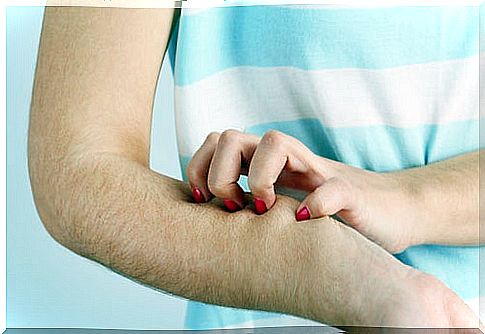
If after a bite you begin to feel bad and sore, as well as several of the following symptoms, it is best to go to your doctor for a check-up. Only he will be able to determine if it is a harmless mosquito bite or if it is something that requires further attention.
- Fatigue.
- Fever.
- Sickness.
- Headaches
- Rash.
- General discomfort.
- Swelling of the throat.
Why do the mosquitoes bite us?
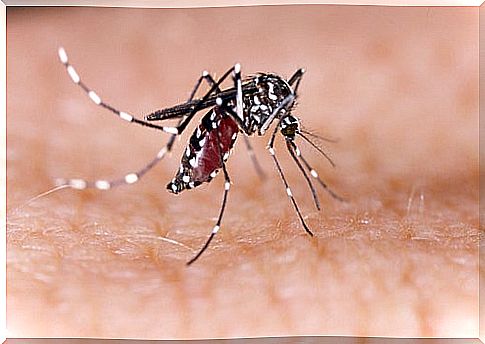
According to the researchers, the biting process of mosquitoes begins about 50 meters away from us, since at that distance they are already able to smell our presence by the CO2 from our breath. It is a signal that is capable of triggering the search for the prey.
This signal will not guide them directly to us, but it will allow them to locate where there are possible food sources. What the mosquito does is follow the smell of the gas against the wind to see where it comes from
When the mosquito gets close to examining every possible food source in its path, it goes through a process of discarding options. If it does not detect any more chemical clues that make it see that it is a human, it will continue its search until it finds one.
The mosquito can perceive a human being from about 10 meters away but it is at about 20 centimeters when it detects heat. This is where factors such as humidity and body odor come into play.
With these factors in mind, the mosquito moves toward a landing site on the body’s surface, such as the feet or ankles. When the mosquito is already about 3 centimeters from our skin, all the signs confirm that it is a human being, it lands and bites.
Prevention measures

To avoid mosquito bites there are several options. Some biochemical repellants, such as citronella, are very effective since they do not have the strong smell or the unpleasant touch of others and they do work properly.
Lemon eucalyptus oil also works as a natural repellent. It is also known under the name citriodiol but its use is not recommended in children under 3 years of age.
Another good natural solution to combat those annoying bites lies in the combination of certain ingredients. For example, if a 5% concentration of DEET (N-Diethyl-meta-toluamide) is added to vanilla or citronella oil ( Cymbopogon citratus ), the duration of the repellent is increased and, therefore, it is protected better skin.
